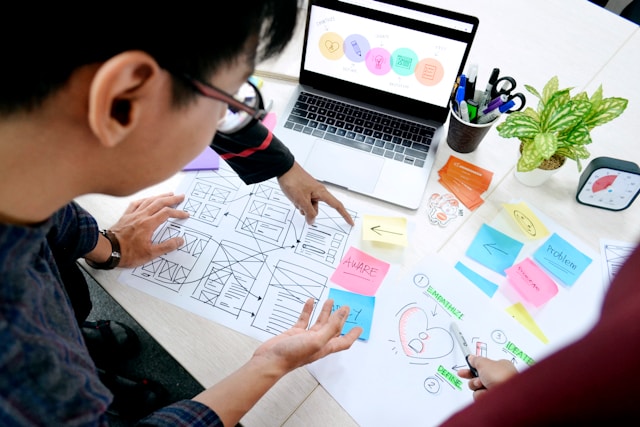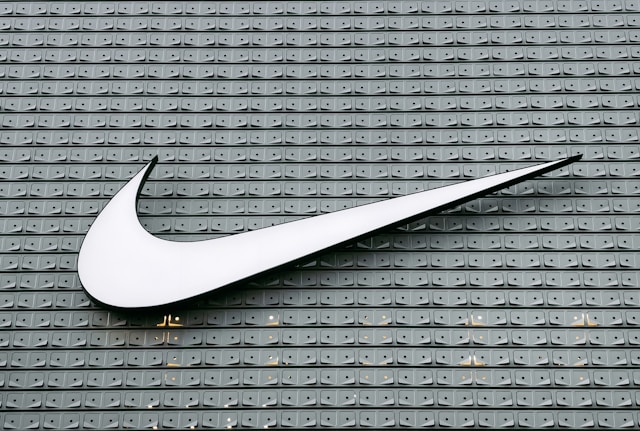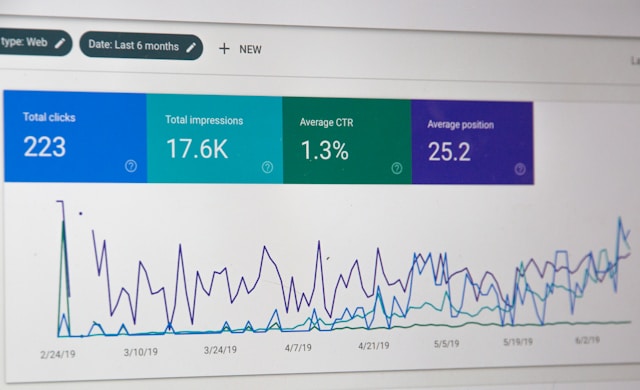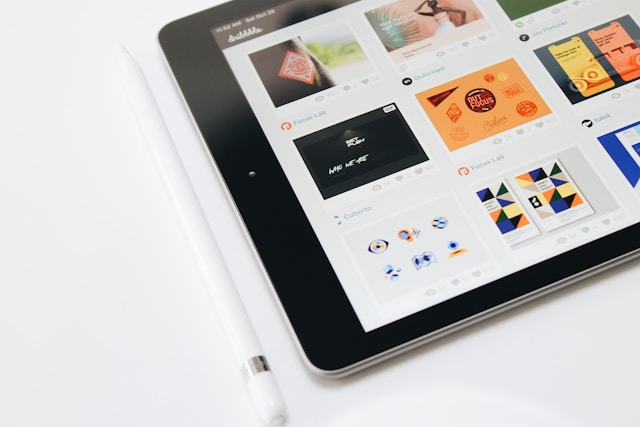
Graphics play a critical position in user interface (UI) layout, contributing to intuitive and user-friendly interfaces. Visual elements and snap shots help carry information, guide consumer interactions, and enhance the overall consumer enjoy. Here’s a better study the function of graphics in UI design.
The Role of Graphics in UI Design
1. Visual Hierarchy
Graphics assist set up a visible hierarchy inside a consumer interface. By the use of size, color, contrast, and site, designers can prioritize vital factors and manual users’ interest to key facts. Visual cues, inclusive of icons and illustrations, useful resource in quick conveying messages and functionality.
2. Branding and Identity
Graphics assist establish a completely unique visible identification for a product or emblem. Through the usage of trademarks, colour palettes, typography, and visible patterns, designers create memorable and cohesive UIs that mirror the logo’s persona and values. Consistent branding strengthens popularity and establishes consider with users.

3. Navigation and Wayfinding
Graphics resource navigation by way of providing clean and intuitive cues for users to move thru an interface. Icons, buttons, and menus assist customers recognize the reason and functionality of interactive elements. Well-designed photos create visual affordances that tell users a way to have interaction with factors and navigate the UI.
4. Feedback and Interactivity
Graphics contribute to offering comments and reaction throughout user interactions. Visual cues tell users approximately the fame in their actions, which include button states, hover outcomes, progress bars, and loading animations. Well-designed remarks images assist users recognize system responses, improving usability and engagement.
5. Visual Data Representation
Graphics assist in visualizing complicated information and information in a extra comprehensible and user-friendly layout. Charts, graphs, maps, and infographics can rework records into significant visuals, enabling customers to understand insights quick and make knowledgeable selections, visit casino en ligne.

6. Aesthetics and Emotional Appeal:
Graphics make a contribution to the general aesthetics of a UI, growing visible enchantment and emotional connections. Thoughtfully designed graphics, which includes imagery, illustrations, and animations, decorate the consumer’s emotional enjoy, making interfaces greater attractive, enjoyable, and noteworthy.
7. Responsive Design and Adaptability
Graphics play a role in responsive layout, ensuring interfaces adapt to different screen sizes and gadgets. Scalable vector pix (SVG), adaptive pictures, and responsive layouts provide a unbroken user enjoy throughout various devices and orientations.
When the use of graphics in UI design, it is vital to bear in mind accessibility, usability, and scalability. Proper comparison, alternative textual content for pics, and responsive layout practices make certain that pix are inclusive and usable for all customers. By leveraging portraits correctly, UI designers can create intuitive, visually attractive, and person-friendly interfaces that decorate user pride and engagement.


